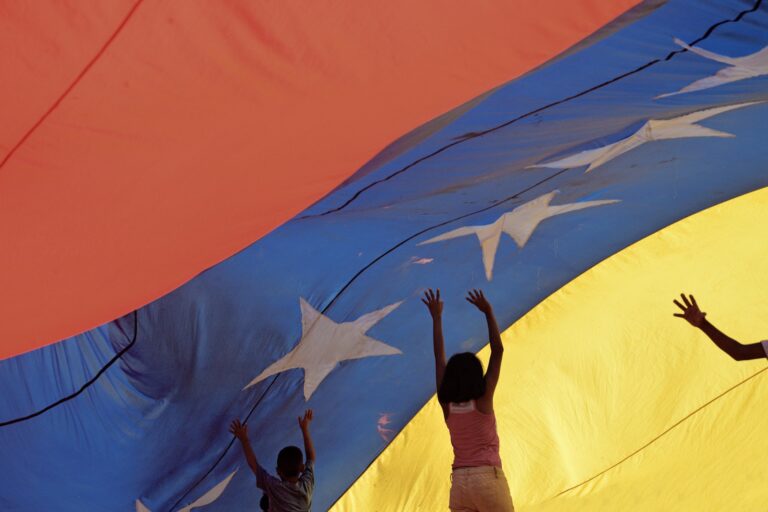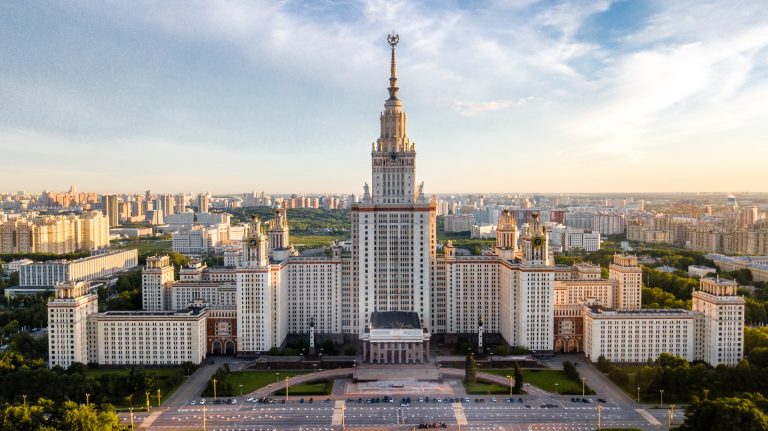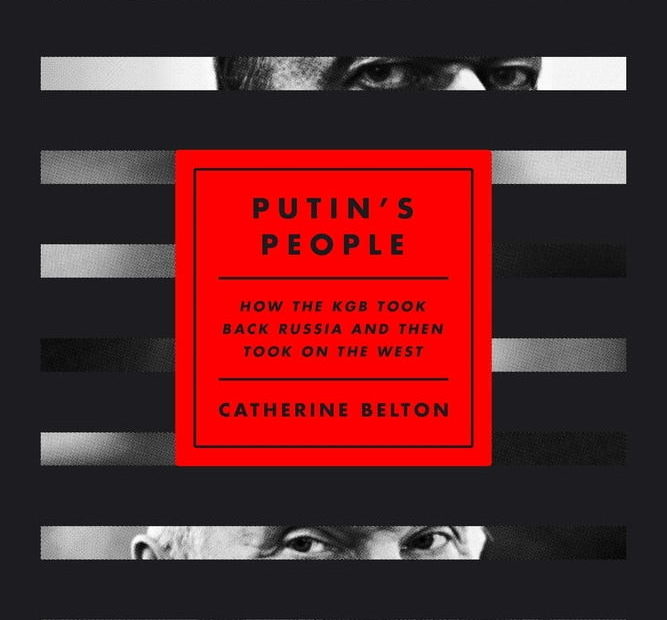
Category Europe


Coming to Terms with Reality: How Could the European Union Most Effectively Support Venezuela’s Democratization?

Summons to Appear: NotPetya and the War Exclusion Clause

Russia Is Receding, Not Resurging: Why the United States Should Forego Another Containment Strategy
Is Russia resurgent? Some Kremlinologists would respond “yes” after its saber-rattling over Ukraine, transnational cyberattacks, and nuclear weapon modernizations over the past few years. In January, former US Ambassador to Russia Michael McFaul wrote in Foreign Affairs that U.S. citizens “wrongly assume”…

Evaluating the Nature of the Putin Regime: A Book Review of Putin’s People: How the KGB Took Back Russia and Then Took on the West
In her book, Putin’s People: How the KGB Took Back Russia and Then Took on the West, former British investigative journalist Catherine Belton argues that the former KGB officer is determined to continue the Cold War in order to crush the West. The article evaluates Belton’s claims and logic on the nature of Putin’s regime.

The Future Arenas of Great Power Competition

The New Foreign, Commonwealth and Development Office: More of the same?
The Future of British Foreign Policy: Security and Diplomacy in a World After Brexit
A Post-Arms-Control World: The United States, Russia, and a New Policy Paradigm after the INF
As this historically significant arms-control treaty unravels, two of the world’s superpowers are heightening the potential for military conflict.
Franco-German Relations: Transition of Power in the EU, But the Same Message
If France and Germany are not able to maintain a pro-democratic message, the liberal world order will lose its foothold in Europe. Fragmentation in German politics is among the greatest threats to the democratic cause.
Blockchain for Governance: Four Use Cases for Encouraging Timely Development and Adoption
The blockchain movement originated as part of a libertarian solution counter to centralized authority. And now, ironically, it is governments that are increasingly interested in the potential of blockchain and distributed ledger technologies (DLTs). ... Indeed, Blockchain technologies are poised to significantly benefit public services by improving governments' efficiency and transparency. This article argues why and how governments should more boldly pursue the use of blockchain technology as a tool for improved governance outcomes.
Prisoners of the Caucasus: Protracted Social Conflict in Chechnya
In Pushkin’s 1822 poem, Prisoner of the Caucasus, the epilogue proclaims, “And the violent cry of war fell silent: All is subject to the Russian sword. Proud sons of the Caucasus, You have fought, you have perished terribly.”[1] The political overtones of the poem’s dénouement are jarring compared to the poem’s earlier verses on romance, natural beauty, and the heroism of the Caucasian people. But the poem’s ending reveals the complicated position of the region in Russian history and culture. The Caucasus is simultaneously a place to be controlled, otherized, and romanticized.
